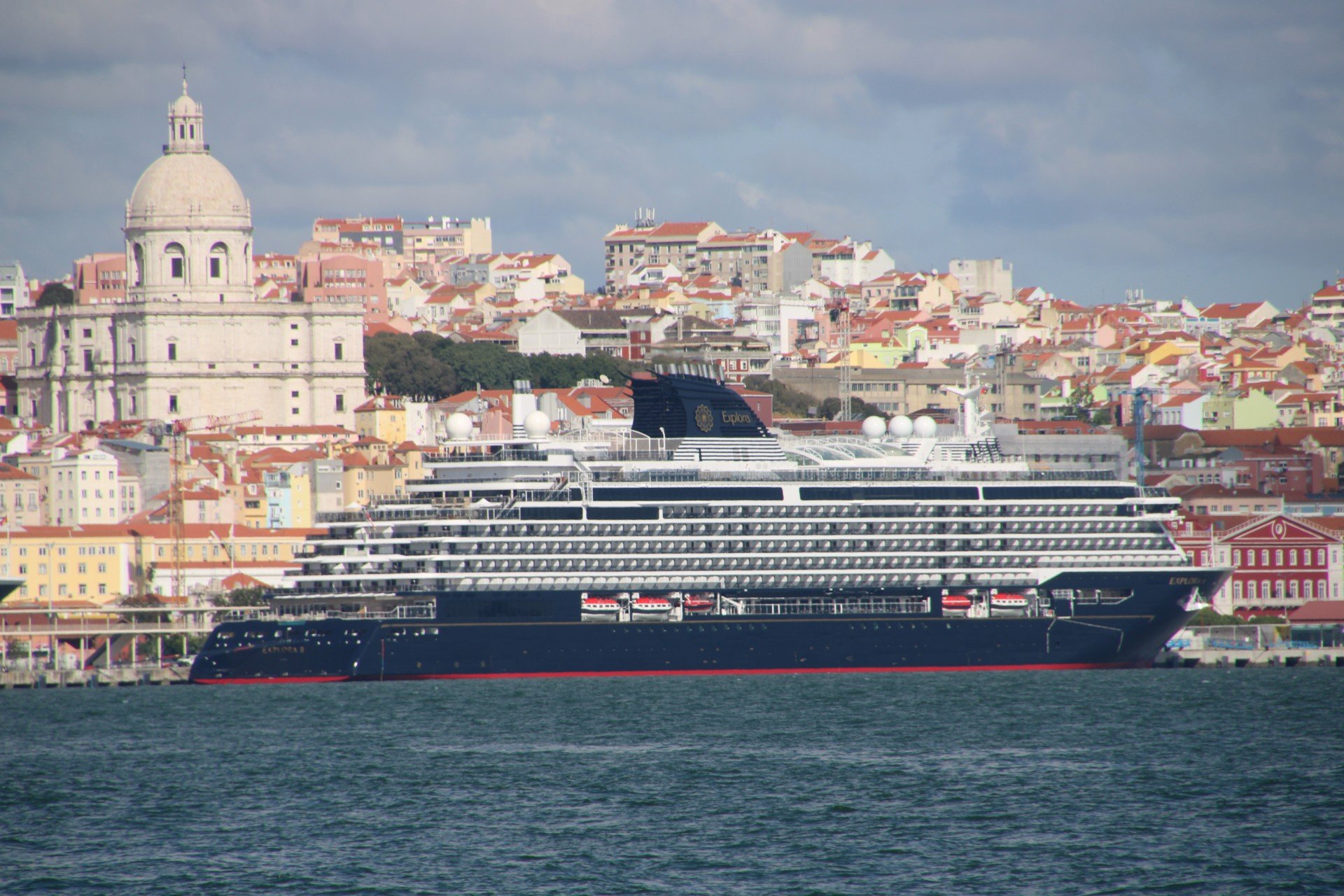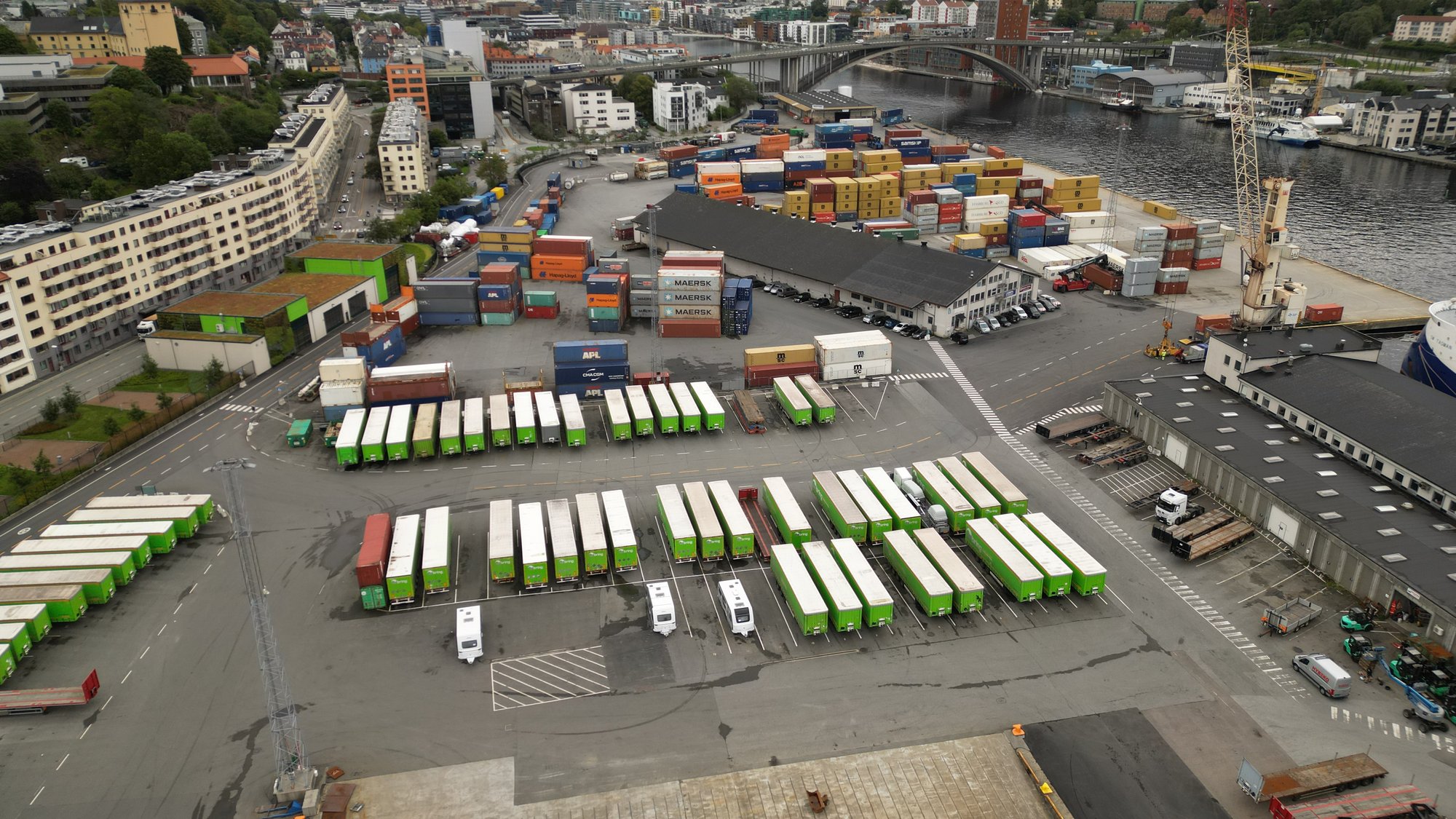Environmental Port Index Partners with Port of Lisbon to Enchance Sustainability Efforts

Lisboa Takes a Step Forward in Environmental Sustainability
The Port of Lisbon has long recognized the need to obtain more detailed information about the vessels that call at its port. Through this new agreement with EPI, the port will gain access to valuable data to help track the environmental impact of ships visiting the port. By joining the EPI network, the Port of Lisbon further enhances its environmental strategy and commitment to sustainability.
“We are very pleased to have our first Southern European port on board,” says Even Husby, CEO of Environmental Port Index. “Lisbon is making significant strides towards sustainability, and we are excited to help the port collect the data it needs to improve its understanding of vessel emissions and performance.”

A Perfect Match for Sustainable Solutions
Ana Laurenco, Cruise Manager at the Port of Lisbon and Coordinator of the Cruise Europe Sustainability Committee, explains: “Implementing the Environmental Port Index (EPI) at the Port of Lisbon represents a significant step toward enhancing the environmental sustainability of cruise ship operations. The EPI measures and evaluates the environmental performance of vessels during their stay in port, encouraging cruise lines to adopt greener practices.
By adopting the EPI, the Port of Lisbon strengthens its commitment to sustainability, aligning with international environmental goals and fostering cleaner cruise operations. This initiative will help reduce the port’s carbon footprint, incentivize sustainable investments from cruise operators, and improve air quality for the local community.
Ultimately, the EPI will contribute to greener, more responsible cruise tourism, reinforcing Lisbon’s position as a forward-thinking and sustainable cruise destination.
EPI’s Impact on Reducing Emissions
Since its launch in 2019 in Port of Bergen, Norway, EPI has grown into a key global initiative focused on fostering collaboration between ports and ship operators to reduce emissions, improve sustainability, and create a greener future for the maritime industry. Between 2022 and 2024, EPI’s network successfully reduced CO2 emissions at participating ports by 20%, eliminating 7.2 tonnes of CO2, equivalent to the emissions of 14 commercial flights from London to New York.
“We are already seeing remarkable progress,” says Husby. “The efforts of our partners in the EPI network have contributed to significant reductions in CO2 emissions, and we’re excited to see how this collaboration with the Port of Lisbon will further drive positive environmental change.”
A Growing Network of Sustainability Leaders
Currently, 39 ports across Scandinavia and Europe are part of the EPI network, with additional ports expected to join shortly. This growing collaboration continues to pave the way for more sustainable practices within the global maritime industry, driving emissions reductions and environmental stewardship in the industry
For further information about Environmental Port Index and its efforts to promote sustainability in the maritime industry, please visit www.epi.org.

